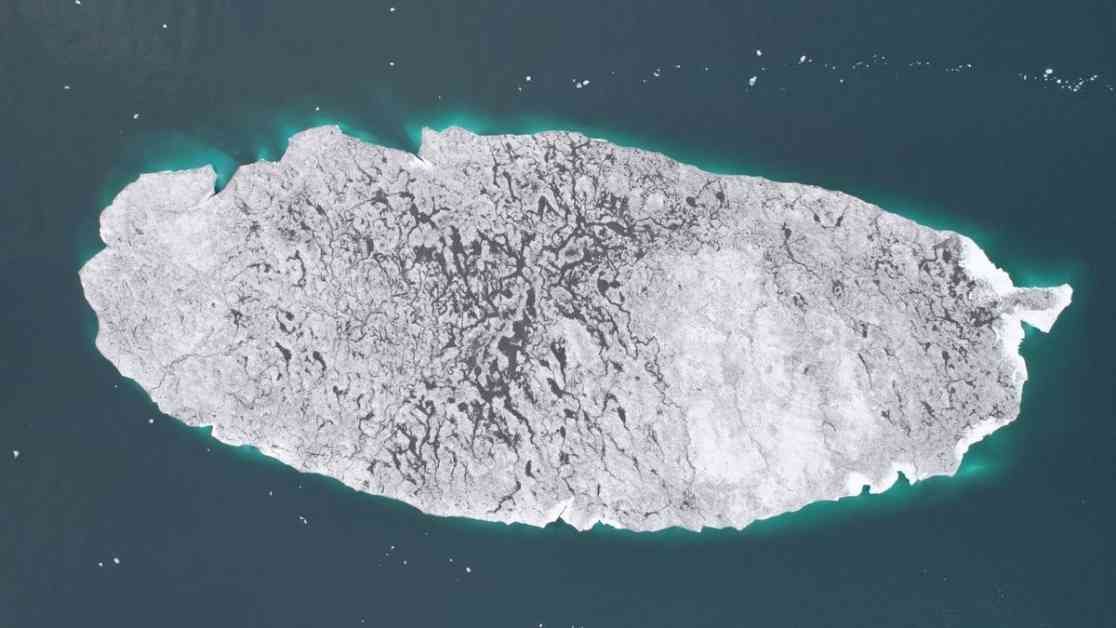A group of school kids and college students made a surprising discovery when they found that a Russian island in the Arctic had completely vanished. Mesyatsev Island, which was a floating piece of icy land that broke away from the larger Eva-Liv Island before 1985, was the focus of their educational project. The island, once a significant nesting site for walruses, had been steadily melting over the years due to rising temperatures caused by human-induced climate change.
The students compared satellite images of the island taken on Aug. 12 this year and found that the island had shrunk significantly since 2010. Initially measuring around 11.8 million square feet, the island’s surface area had reduced to just 323,000 square feet, representing a loss of over 99.7% of its size in 14 years. By Sept. 3, new images showed that the island had completely disappeared, leaving researchers puzzled as to why it had lasted longer than expected.
The rapid melting of Mesyatsev Island was attributed to a darkening of its icy surface in 2021, likely caused by a layer of dust that absorbed more solar radiation, accelerating the melting process. While experts had ceased monitoring the island in 2022 due to its imminent disappearance, the recent satellite images showed that it had still been visible. The persistence of the island beyond researchers’ expectations remains unexplained, but it is theorized that waves or rainwater may have removed the dusty layer, slowing down the melting rate.
The disappearance of Mesyatsev Island not only highlights the devastating impact of climate change on Arctic regions but also underscores the importance of monitoring and studying these environments. As the planet continues to warm, the loss of ice and landmasses in the Arctic will have far-reaching implications for wildlife, ecosystems, and global sea levels. The students’ involvement in the RISKSAT project serves as a reminder of the crucial role that young minds play in understanding and addressing environmental challenges.




